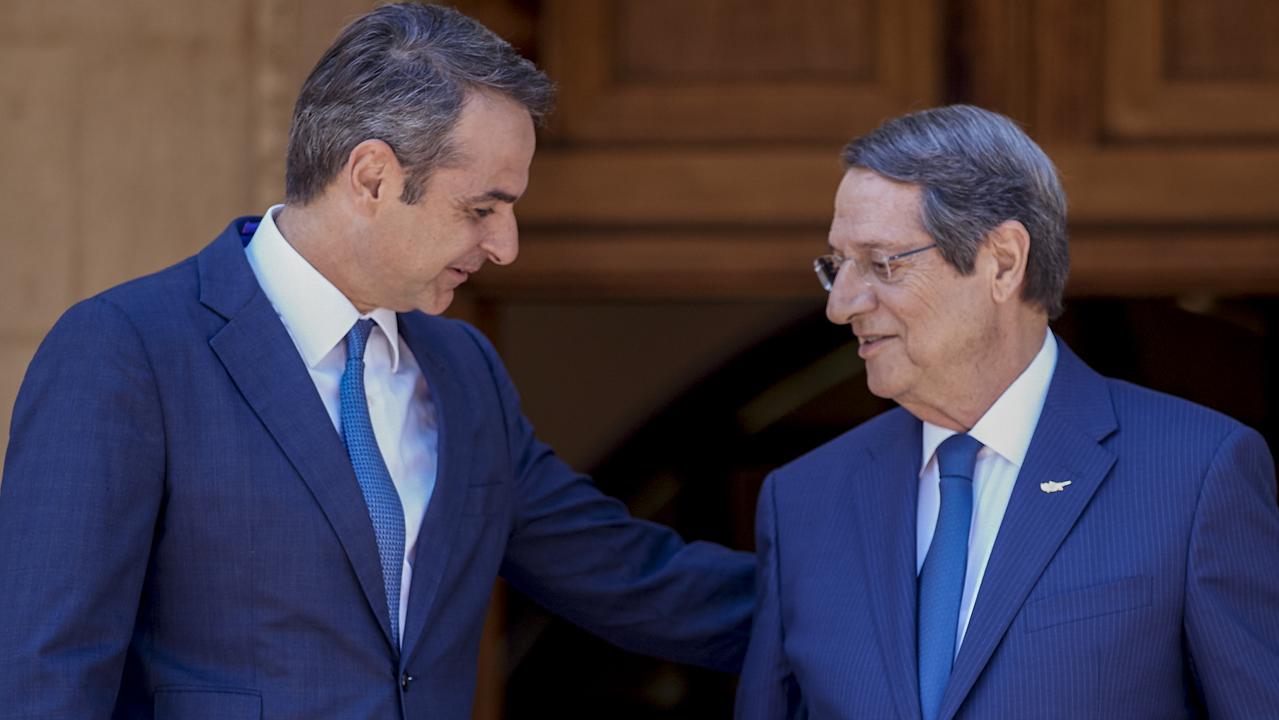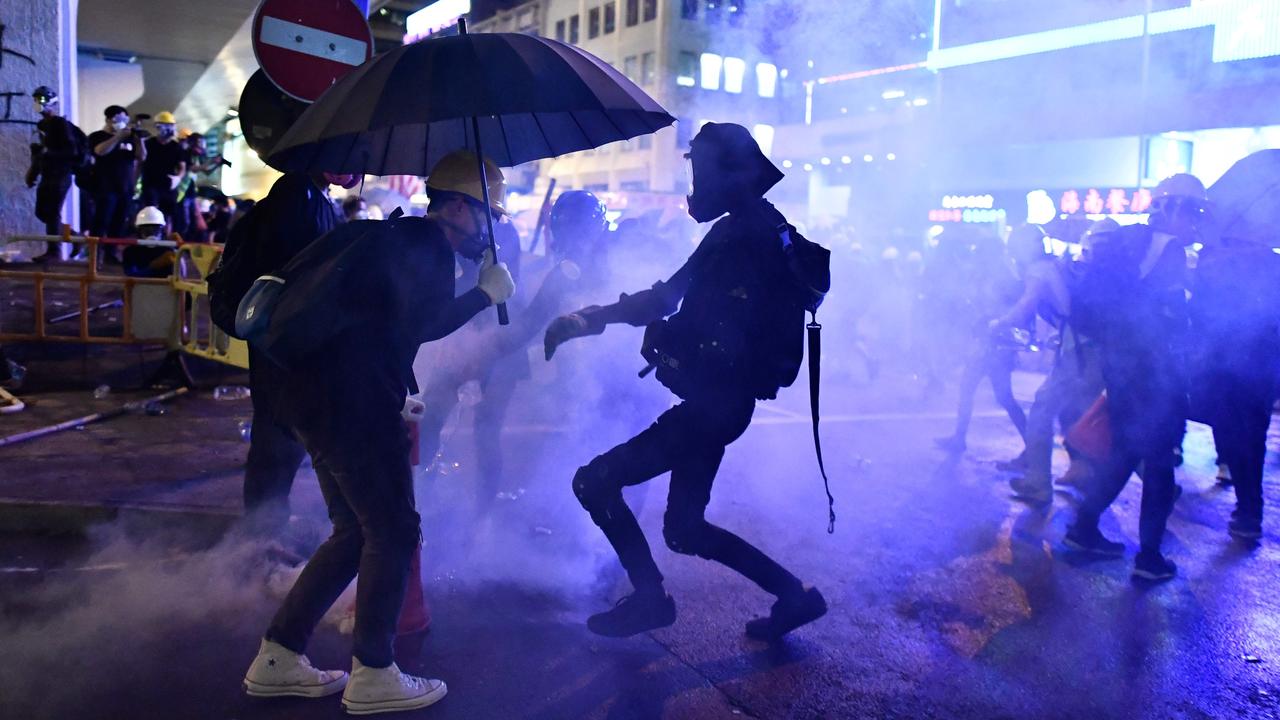Why Hong Kong deserves Britain’s full support
The Hong Kong protesters deserve Britain’s full support.

Yet over the past three decades China has challenged that notion by creating a model previously unknown to the world: consumer capitalism combined with autocratic government.
Under President Xi Jinping’s rule, China’s new middle class now enjoys near-Western living standards — so long as it does not question the legitimacy of its leaders. The success of the Chinese model has presented a conundrum for Western governments: how to deal with a country that continues to have little regard for human rights, yet nevertheless offers lucrative opportunities for investors.
So far, Western leaders have followed the money while putting up only the feeblest defence of freedom and democracy. On some occasions, they have not even bothered to do this. When British Prime Minister Theresa May visited Beijing last year to encourage what she described as a “golden era” in Anglo — China relations, state media noted with approval how visiting European leaders had now given up discussing human rights.
Yes, a million Uighurs might have been herded into re-education camps — but China had lucrative contracts to offer, so the West looked the other way.
But the awkward compromise between economic interest and concern for human rights is suddenly under huge strain, partly on account of the trade war which Donald Trump is waging — and partly because of the growing unrest in Hong Kong. The protests which have taken place recently show that, unlike the British government, the citizens of Britain’s former colony are no longer prepared to ignore China’s various human rights abuses.
It was an error on the part of John Major’s government not to grant Hong Kong’s industrious people the right to settle in Britain before the handover. Most were condemned to be handed over to China along with their city — albeit with the promise that they would enjoy special privileges.
In theory, Hong Kong citizens — unlike their counterparts on the mainland — have the right to protest against the Chinese Communist Party. But some who exercised this supposed freedom have found themselves spirited away and sent to mainland China for detention.
The trigger for the current protests, which this week included an invasion of the Hong Kong legislature, was an initiative brought in by Hong Kong Chief Executive Carrie Lam to create powers for felons to be extradited directly from Hong Kong to China.
Lam says this was her doing, and was not inspired by Beijing. But it fits a general pattern of rising overreach from emboldened Chinese officials who think a new chapter in history has opened. The Chinese believe the West will look the other way, and see notions of democracy, liberty and human rights as cultural issues relevant to the West but a lot less relevant to Asia. The citizens of Hong Kong, it seems, beg to differ.
For some time now, Xi has been making misjudgment after misjudgment when it comes to relations with the West. In particular, he has not understood that American patience has snapped.
China’s economic model involved sucking up Western industrial secrets and taking lots of foreign business while refusing access to its own markets. The ongoing trade war — which reached an almost certainly temporary ceasefire last week — was wrongly seen in Beijing as a Donald Trump hissy fit. It was thought that, if this strange president was thrown a bone, he’d go away and China could go on as before.
But US opinion is on the turn. Listen to Nancy Pelosi, the Democrat leader of the House of Representatives, or any of the would-be Democrat contenders, and you can hear exactly the same concerns about China.
Xi has overreached. This will worry others in his politburo, some of whom will be asking if his recent decision to become emperor for life is turning out to be wise. His Belt and Road Initiative, a $US90 billion ($128.9bn) attempt to create a hi-tech equivalent of the Silk Road, is already looking like an expensive vanity project, the kind of legacy of a leader whose ego far outgrew his position. Various other innovations — such as the app containing the thoughts of Chairman Xi — are worryingly reminiscent of an uglier era. But Britain has been woefully absent from this debate, as if all its would-be leaders are primarily interested in lucrative contracts and terrified of upsetting Beijing.
It need not be this way. There is a clear path for China’s peaceful rise, evident just a few years ago, based on co-operation and mutual respect. In the rush to offer the hand of friendship, Western leaders have looked supine, which has further emboldened Beijing. The most eloquent rebuke has come not from the White House or No 10, but the streets of Hong Kong.
Xi must now answer a difficult question: does he back down and risk sending a message that he caves in when under pressure? Or should he carry on and risk a wider conflagration? Managing China’s rise has always been a question of finding the right balance. The people of Hong Kong have shown the world that they wish to push the balance back in support of liberty. They deserve Britain’s full support.
The Spectator



When the tanks were rolling into Tiananmen Square and the Cold War hadn’t yet formally come to an end, it seemed obvious: freedom and democracy were prerequisites for economic success.